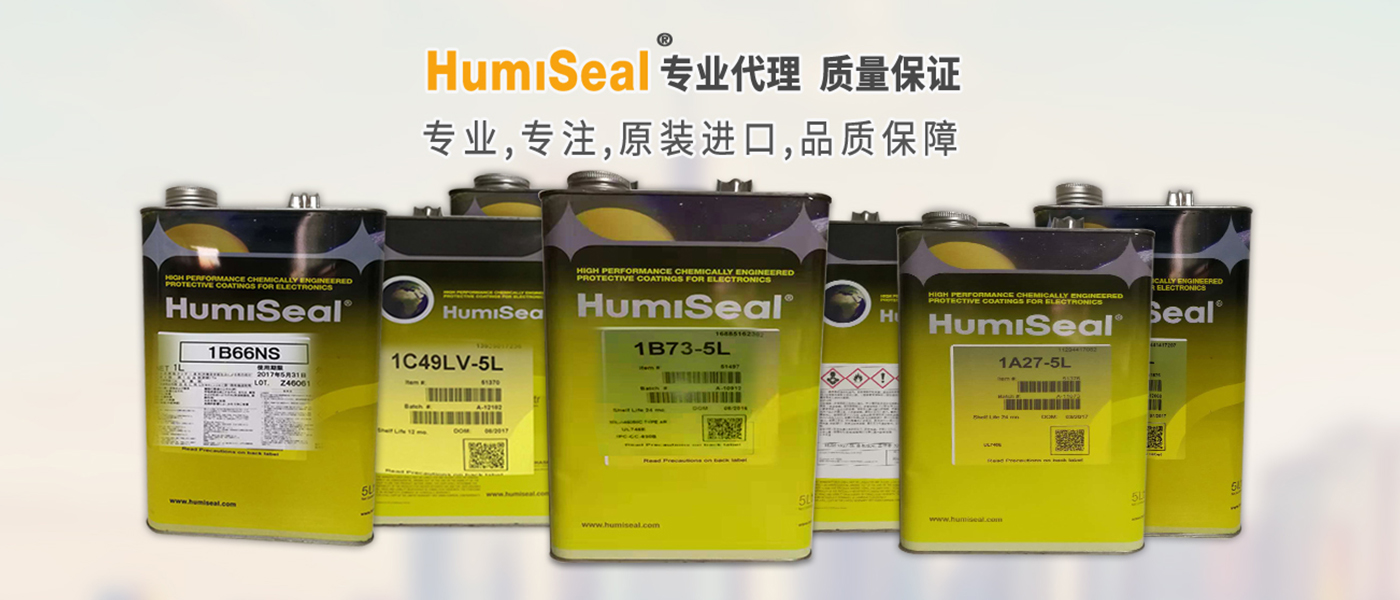NEWS
Five precautions for the use of grease
Grease is a kind of colloidal structure material, especially soap-based grease, under long-term gravity, oil separation will inevitably occur. The larger the grease packaging container, the greater the tendency of this pressure to separate oil.
Therefore, try to avoid using oversized packaging.
In addition, the packaging should be well sealed to avoid mixing of dust and moisture.
A well-sealed packaging container can also avoid the ingress of oxygen, making grease less susceptible to oxidation and deterioration during storage.
1. Hardness
Hardness, or penetration, is a measurable characteristic that must be considered when selecting an appropriate grease.
The hardness of the grease is determined by the number, No. 0 is the softest, and then increases to No. 6 with No. 1 and No. 2. The hardness of No. 6 is the same as that of soap bars. Mud in the garden is easier to shovel and harder to shovel. The hardness of the grease is the same. It is graded according to the penetration depth of the grease dropped from a certain height by a cone meter.
2. Pressure feed
Another feature of grease is the ease of pressurized delivery; in the central grease supply system, two kinds of grease that are also easy to press at normal temperature, and the pressure feedability is often very large in a lower temperature environment different.
The difference comes from the types and proportions of lubricants and soaps contained in the grease. Some printing machinery and nailing equipment use the central grease supply system as the lubricating machine components, so it is extremely important to select a grease with excellent pressure feedability.
3. Dropping point
Because the grease contains different soap bases, different greases will melt at different temperatures.
The dropping point is the temperature at which the grease changes from a semi-solid to a liquid; most of the calcium soap grease melts at 160-210°F, sodium soap grease 350-350°F, and lithium soap grease 350-400°F, so the high temperature It is better to use sodium soap or lithium soap. Nowadays, most printing machines have very high speeds. Due to the higher number of bearing revolutions in motors, the bearing temperature also increases accordingly. The use of higher flow point grease can make high-speed motor bearings such as "carbon pumps" "Bearings, etc. have better protection.
4. Water resistance
Regardless of whether it comes into contact with water, some greases still need to perform their lubrication, so their water resistance is an important property.
Calcium soap and lithium soap-based grease are insoluble in water, while sodium soap grease is soluble in water, so it cannot be used as a lubricant that may come into contact with water. The printing process requires mixing of water, so some bearings must be protected with water-resistant grease, otherwise, the service life of the bearings will be greatly reduced.
5. Stability
Some grease can maintain its original hardness after being added to the bearing, which means that the stability is very high; this grease can soften after working for a period of time in the anti-wear bearing, and will flow from the bearing without a good seal. come out.
If the used grease has poor stability, it will cause pollutants to easily enter the bearing and various components, causing great damage to the printing machine.
Under unopened and recommended storage temperature conditions, general grease products can be stored for 2 to 3 years (calculated from the date of discharge).
If you want to continue to use expired products, you should check their main quality indicators at a professional testing station and use them only after passing the test (but it is strongly discouraged to use expired products without guarantee).
It is strictly forbidden to drain waste grease directly into the drain and pour it into the soil to prevent pollution of the water source and the environment. The waste oil and fat should be collected by the recycling reel and then handed over to the government-approved environmental protection company for recycling.
Those with skin allergies or scratches should avoid direct and indirect contact with lubricants. Do not wear clothing that has penetrated with oil stains, and do not place fragments contaminated with oil in bags. Do not use dirty cloth to wipe off the oil on the skin, to prevent the metal scraps in the cloth from scratching the skin and causing infection.












